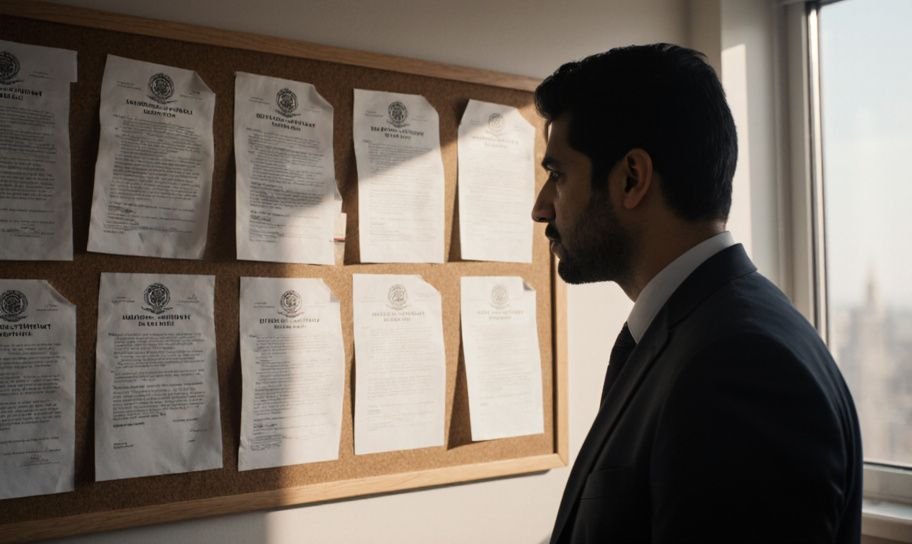
In a recent decision, the Bombay High Court at Nagpur Bench cancelled several detention orders under the Maharashtra Prevention of Dangerous Activities Act, 1981. The court found that these orders were issued automatically without proper thought. Let's dive into the details.
Sameerroddin Nazimoddin challenged detention orders issued under the Maharashtra Prevention of Dangerous Activities Act, 1981. The main issue was that these orders were given automatically, which Sameerroddin argued violated his fundamental right to personal freedom under Article 21 of the Constitution of India.
The court, led by Judges Anil L. Pansare and Siddheshwar S. Thombre, found that the State Government's orders lacked specific reasons. The orders were the same across multiple districts, suggesting they didn't consider each person individually.
"The order is passed automatically," observed the court, pointing out the lack of different reasons for detention in each area.
The court noted that the State Government had issued a general order affecting all districts in Maharashtra. This approach was criticized for not considering the unique situations of each district, which is important under Section 3(2) of the Act.
The Advisory Board's role, as highlighted by the Supreme Court in previous cases, is crucial. It is supposed to independently review detention orders to ensure they are not issued routinely. However, the Board's opinions in these cases were found to lack detailed reasons.
The approval orders, which must be given within twelve days of the detention, were also found lacking. The court emphasized that these orders must show careful thought and reasoning, which was missing.
"The approval order was passed without proper thought and cannot be defended," the court stated.
Similarly, the confirmation orders under Section 12 were criticized for being issued without properly checking if continued detention was necessary.
Ultimately, the court cancelled the detention and confirmation orders, directing Sameerroddin Nazimoddin to be released immediately unless required in another case.
"The orders of detention as well as the orders of confirmation in respective petitions are cancelled and set aside," the judges stated.
This judgment highlights the importance of careful consideration and individual assessment in matters affecting personal freedom, ensuring that preventive measures are not misused.